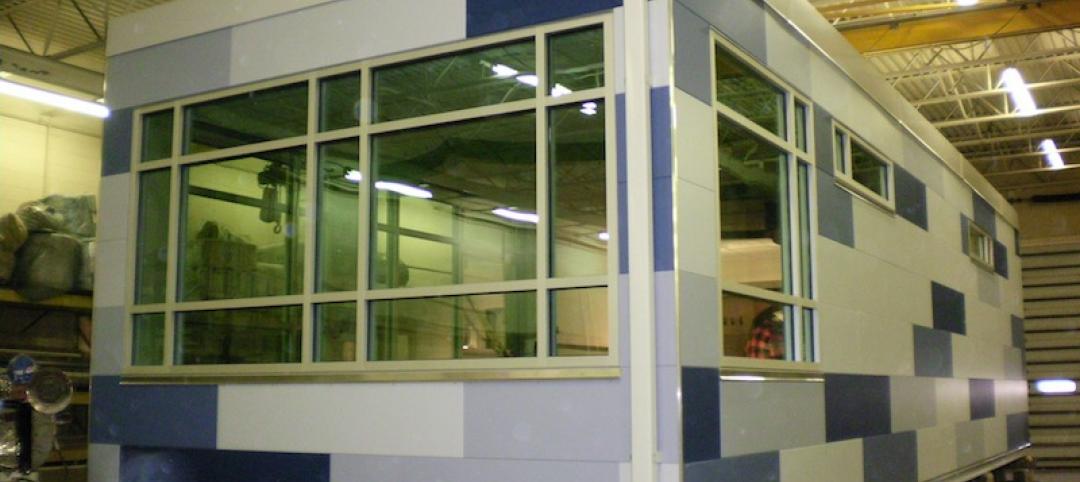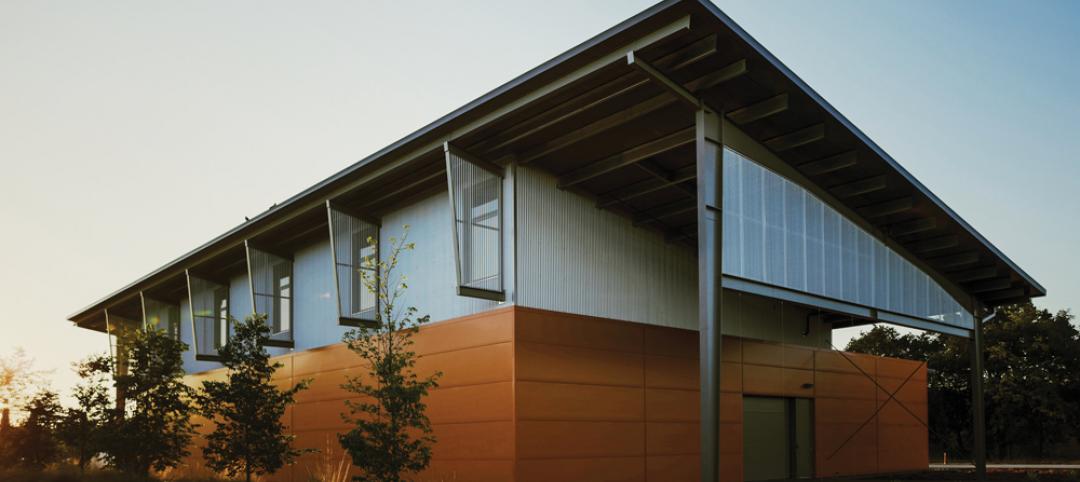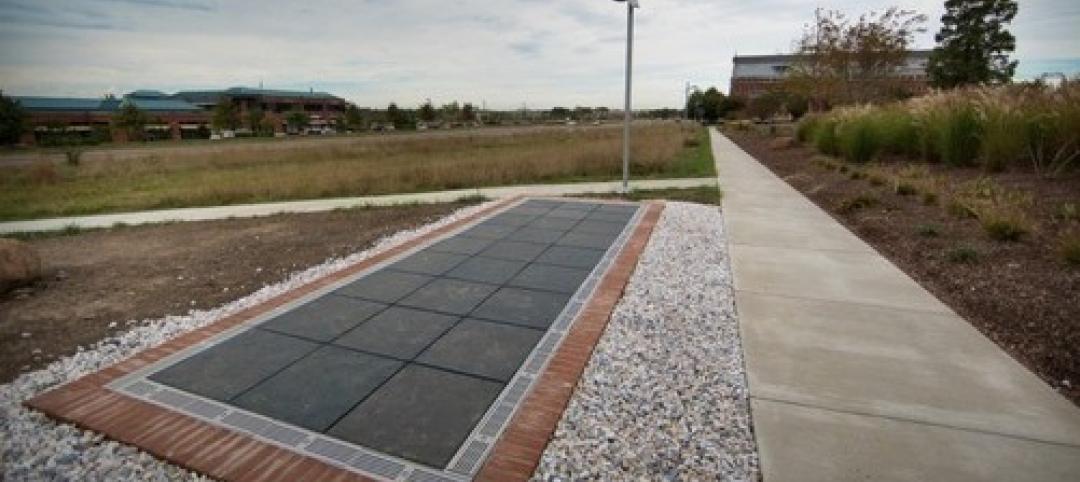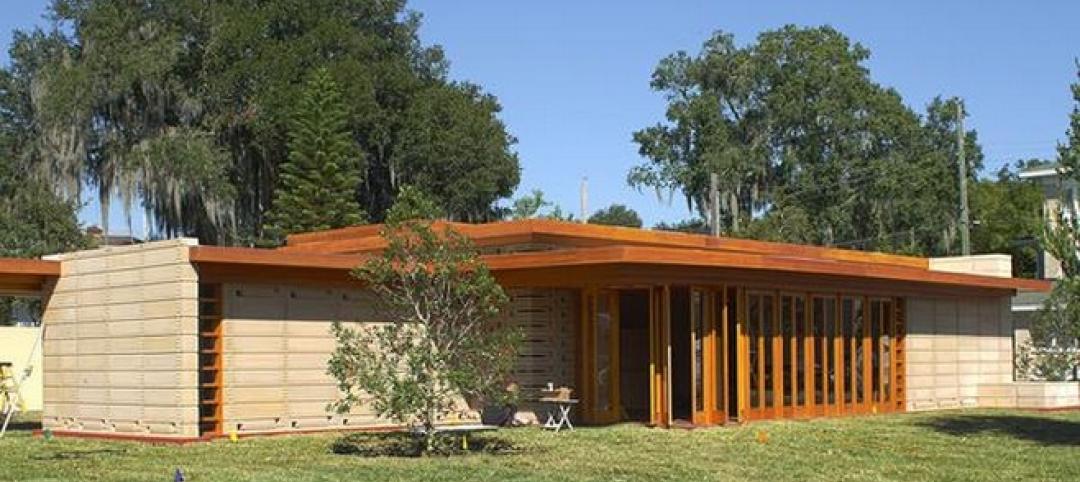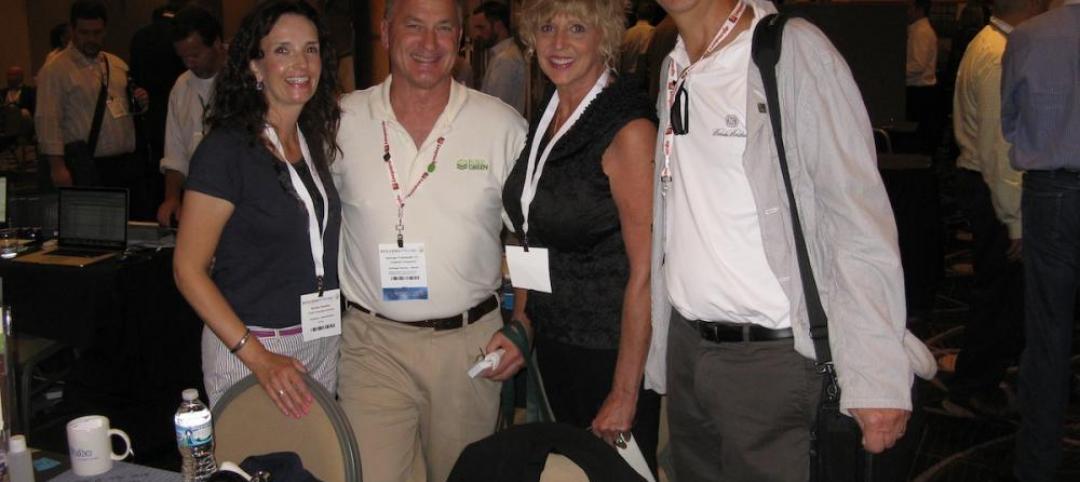More than one in seven banks now uses blockchain technology. American Express and Mastercard filed several patents last year related to the technology and B2B transactions, according to pymnts.com. And by 2022, global spending on blockchain technology by all sectors could hit $11.7 billion, from an estimated $1.5 billion in 2018, according to International Data Corp. (bit.ly/2uOq9qO).
While AEC firms are still trying to figure out where it fits into design and construction management, blockchain technology has grabbed hold of the financial services sector. IDC notes that the distribution and services sector is also latching onto this technology in a bigger way. And the New York Times reported last October that the concept of marrying blockchain to artificial intelligence is attracting entrepreneurs and investors.
For the uninitiated, the simplest explanation of this technology is that blockchain is a digital distributed ledger of transactions or records that exists across multiple participants and computers in a peer-to-peer network. Transactions can be added to the blockchain using a secure digital “signature.” In essence, it eliminates middlemen, and democratizes recordkeeping that is secured by “witnesses” who are incentivized by the blockchain’s digital currency.
Blockchain “is a clumsy little dance that a computer needs to do in order to simulate something that humans have been doing for thousands of years,” quips Dan Robles, CEO of the Integrated Engineering Blockchain Consortium, which has developed a working blockchain that prices infrastructure risk by monetizing data provided and validated by engineers.
Bitcoin is the best-known cryptocurrency that uses this technology for transactional purposes. And over the past decade, innovations from this technology have evolved from cryptocurrency exchanges and blockchain to smart contracts enforced by computer code and what’s known as “proof of stake,” which does away with data processing centers and replaces them with complex financial instruments for a higher level of security. This, according to Vinay Gupta, Founder of Hexayurt Capital, which was instrumental in creating Dubai’s Blockchain Strategy to issue all government documents on blockchain by 2020.
What users like about blockchain is its immutability—once data is recorded (and usually time stamped) on a block, it can’t be changed retroactively without the entire network’s collusion. Tampering with the integrity of the blockchain voids it, and transactions are no longer valid.
“Trust delivered by way of cryptography” is how Ian Church, Senior Projects Director for CBRE Global Workplace Solutions, describes blockchain. He believes the technology could eventually deliver “highly efficient investment valuations” that lead to incremental gains in property values.
In a 2017 paper by Arup Foresight based on a workshop with Deloitte, PwC, Volkswagon Financial Services, and the Ellen MacArthur Foundation, the engineering firm predicted that blockchain would have “a major impact on the built environment … in the same way the World Wide Web did.”
The paper didn’t stop there. Blockchain, Arup stated, could have a “profound effect on society” because it provides a platform where people, organizations, and even machines can transact “without having to trust each other.”
Related Stories
| Nov 11, 2013
The story behind 'Pedia-Pod,' BD+C's modular pediatric patient unit at Greenbuild
In the November issue of BD+C, you'll see our report on "Pedia-Pod," the modular pediatric patient unit we've helped design, outfit, and build at Greenbuild. Here's how it was developed.
| Nov 8, 2013
Can Big Data help building owners slash op-ex budgets?
Real estate services giant Jones Lang LaSalle set out to answer these questions when it partnered with Pacific Controls to develop IntelliCommand, a 24/7 real-time remote monitoring and control service for its commercial real estate owner clients.
| Nov 8, 2013
S+T buildings embrace 'no excuses' approach to green labs
Some science-design experts once believed high levels of sustainability would be possible only for low-intensity labs in temperate zones. But recent projects prove otherwise.
| Nov 8, 2013
Walkable solar pavement debuts at George Washington University
George Washington University worked with supplier Onyx Solar to design and install 100 sf of walkable solar pavement at its Virginia Science and Technology Campus in Ashburn, Va.
| Nov 6, 2013
Energy-efficiency measures paying off for commercial building owners, says BOMA study
The commercial real estate industry’s ongoing focus on energy efficiency has resulted in a downward trend in total operating expenses (3.9 percent drop, on average), according to BOMA's Experience Exchange Report.
| Nov 5, 2013
Net-zero movement gaining traction in U.S. schools market
As more net-zero energy schools come online, school officials are asking: Is NZE a more logical approach for school districts than holistic green buildings?
| Oct 31, 2013
74 years later, Frank Lloyd Wright structure built at Florida Southern College
The Lakeland, Fla., college adds to its collection of FLW buildings with the completion of the Usonian house, designed by the famed architect in 1939, but never built—until now.
| Oct 30, 2013
15 stellar historic preservation, adaptive reuse, and renovation projects
The winners of the 2013 Reconstruction Awards showcase the best work of distinguished Building Teams, encompassing historic preservation, adaptive reuse, and renovations and additions.
| Oct 30, 2013
11 hot BIM/VDC topics for 2013
If you like to geek out on building information modeling and virtual design and construction, you should enjoy this overview of the top BIM/VDC topics.
| Oct 20, 2013
What you missed at BUILDINGChicago/Greening the Heartland
Not able to attend the inaugural BUILDINGChicago/Greening the Heartland conference and expo this week? Don't worry. The BD+C editorial team has you covered.



